The very fact of the meeting itself could be the summit’s greatest achievement, Seremet told Magyar Nemzet, adding that he does not believe either side will be in a position to dictate terms.
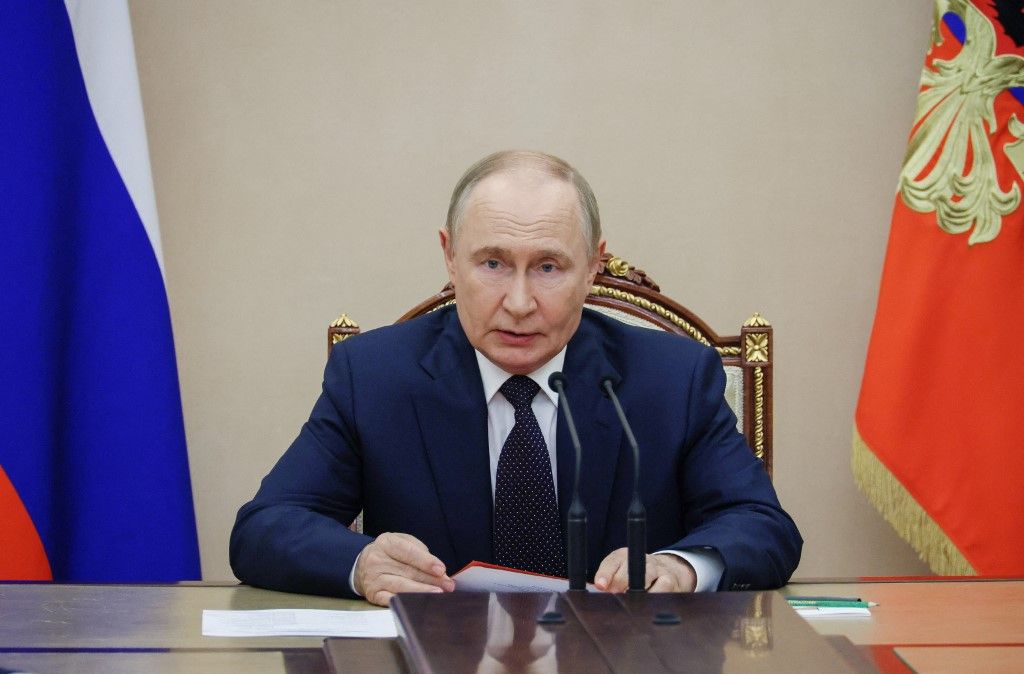
For starters, if we observe how both sides are communicating, each is trying to suggest that the other initiated the meeting, and that they merely accepted or were open to it,
he noted. Some experts conclude from this that the mere occurrence of the meeting will likely be “sold” as a major success. This could be a hastily arranged meeting or the bringing forward of an already agreed-upon encounter. Normally, such meetings are held when the parties can present some tangible results.
My suspicion—or rather my fear—is that it will be difficult to showcase a major, decisive success, so I believe they will try to present the meeting itself as a success, as the opening of a new phase toward ending the war,
the expert said. For Russia, the issue is not just the Russia–Ukraine war itself; they view it as one symptom—albeit the most acute—of Russia–West relations. Moscow also seeks to resolve other global issues in its favor, and it is unclear how much room for maneuver the U.S. and Donald Trump will leave themselves in this regard.
It is also difficult to determine which side attaches more importance to a face-to-face meeting, given that both have previously expressed openness to one, and they have spoken frequently by phone. During Trump’s first presidency, they did meet in person, Seremet noted.
This is a logical consequence of previous consultations and negotiations, probably brought forward to address the crisis. Serious economic interests are at stake,
Seremet emphasized, adding that the tariffs on Russia and its trading partners Trump has floated could harm the U.S. itself, making him likely eager to avoid imposing them.
The meeting might serve to postpone the implementation of those tariffs, buying both sides time to advance their own interests. This could be based on presenting some partial results, after which further talks would be scheduled to resolve other strategic issues,
the researcher pointed out. The Russians, he noted, understand that they must offer something to Trump’s team to prevent communication slated to restore relations between the two world powers from breaking down again. Besides Ukraine, topics could include disputes over the Arctic and the Middle East situation.
It’s hard to predict now, and forecasting in such matters is unwise. There is certainly plenty to discuss, and we don’t know how long talks will last or in what general atmosphere.
"Even if there is some ‘chemistry’ or mutual understanding between the two presidents, high politics depends not on personal sympathy but on economic, security and strategic interests,” he explained. Regarding the Russia–Ukraine war, it is at least a positive development that the parties will sit down together.
It is certainly good that Russia—the aggressor seeking to enforce its interests—and the United States— a self-styled guarantor of world peace and Ukraine’s strongest supporter—are attempting to reach some agreement. It’s unlikely the war will end the next day, but there could be restrictions on the tools of war. A partial ceasefire could be reached, and some believe the sides might suspend deep mutual airstrikes, confining combat to the immediate front line,
Seremet suggested as possible scenarios.
Russia has repeatedly stated it has its war aims, and that it will achieve them either through negotiations or, if that fails, on the battlefield.
The expert also pointed to another major factor: Russia's demands are substantial, and they have not yet fully achieved even part of them,
For example, a negotiating point on the table might be that Russia halts its advance in exchange for Ukraine in some unofficial form—but perhaps temporarily—accepting Russian occupation of territories currently not under Kyiv control. However, there is no visible basis for such an agreement at present; for now, it remains pure speculation.
A similar possibility was outlined in a BBC interview by Czech President Petr Pavel, who, as a former chief of general staff, understands military realities. Pavel believes bloodshed can only be ended through negotiations, even if that means parts of Ukraine remain under Russian occupation without formally recognizing Moscow’s claim to them.
I wouldn’t say this meeting will bring a breakthrough. Some partial results - yes, but expecting the front to freeze the next day and talks to replace fighting is premature. It would be irresponsible to speculate on the possible outcomes,
Seremet concluded.
Cover photo: U.S. President Donald Trump (Photo: Getty Images via AFP)
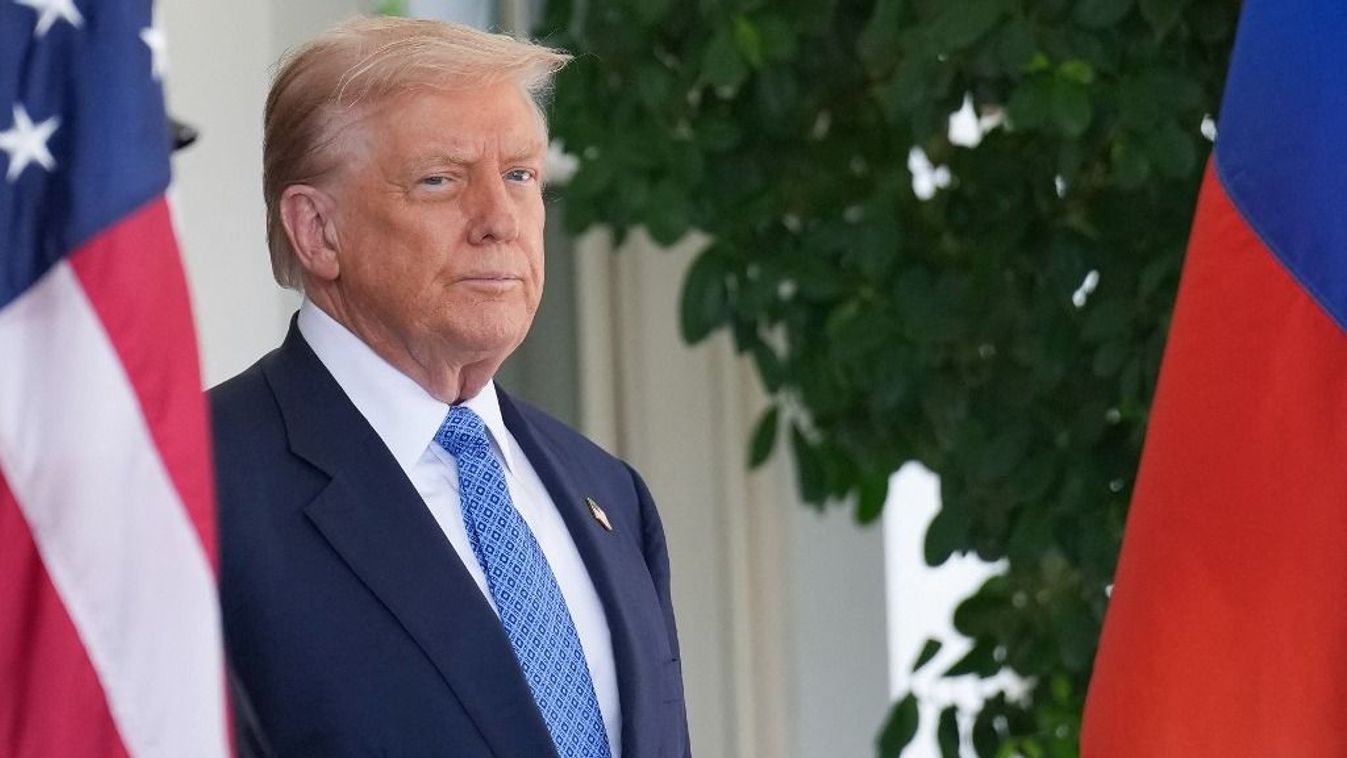
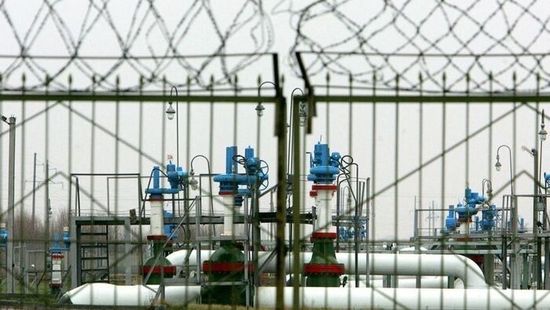
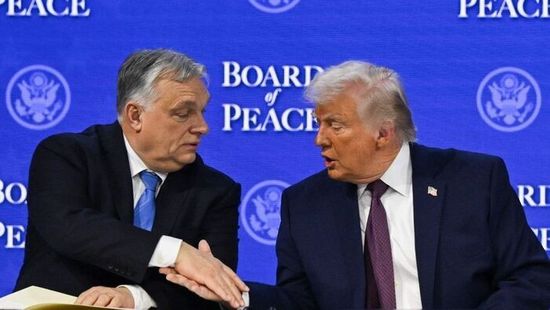
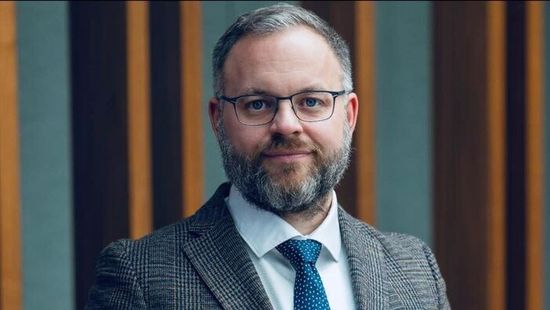
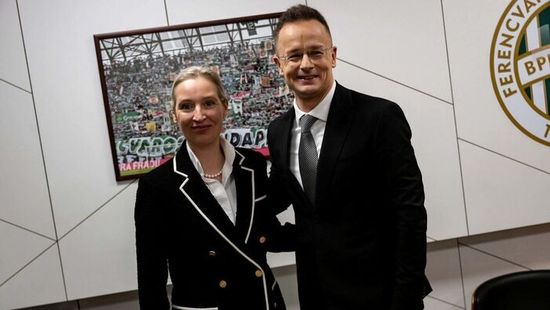

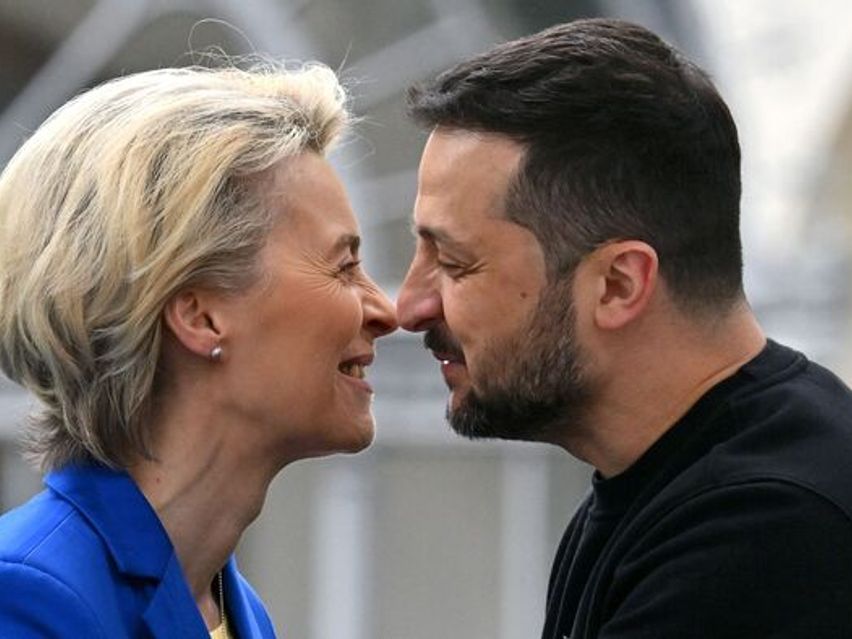




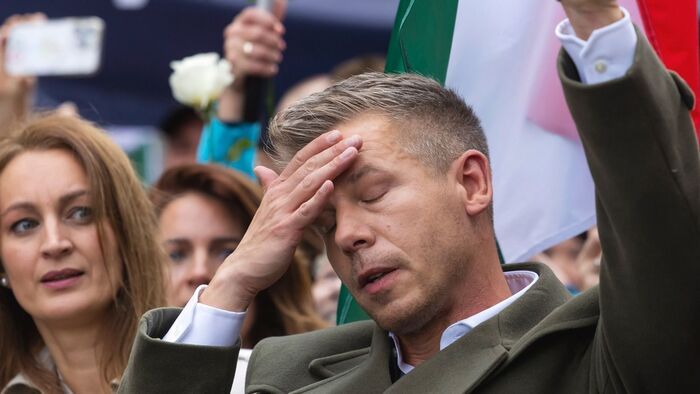

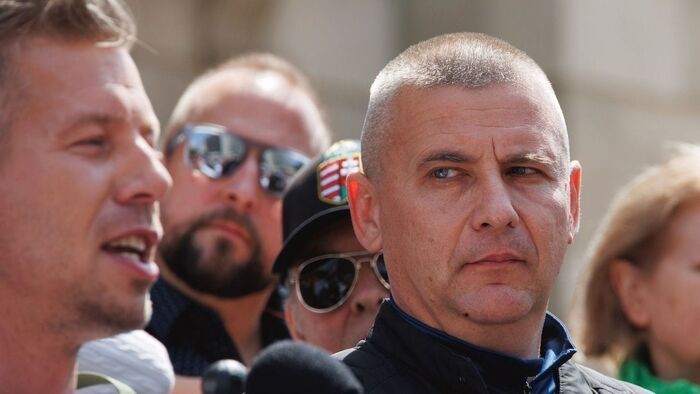

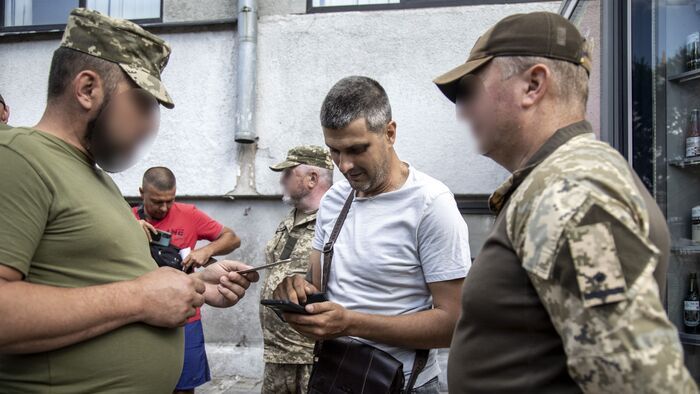

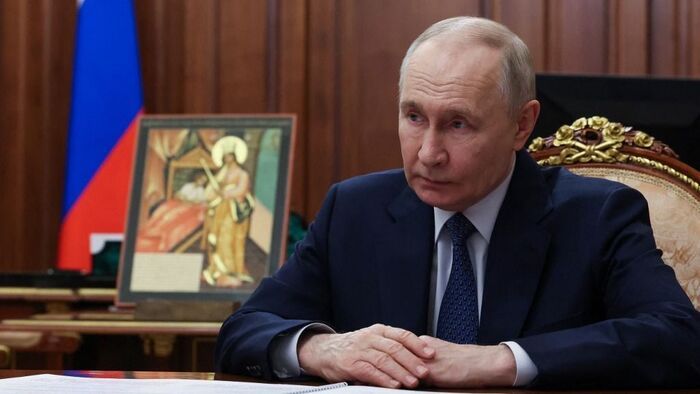


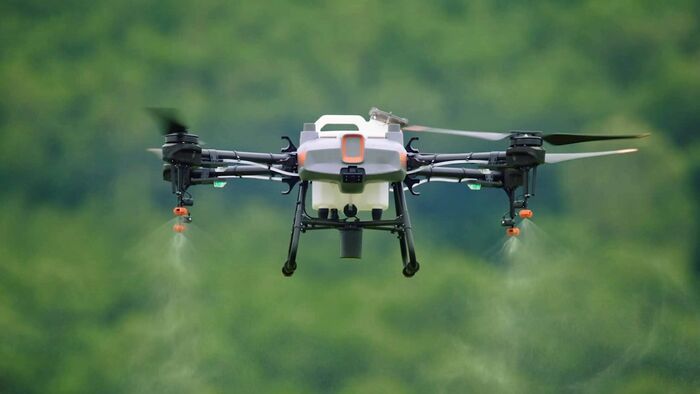


Szóljon hozzá!
Jelenleg csak a hozzászólások egy kis részét látja. Hozzászóláshoz és a további kommentek megtekintéséhez lépjen be, vagy regisztráljon!